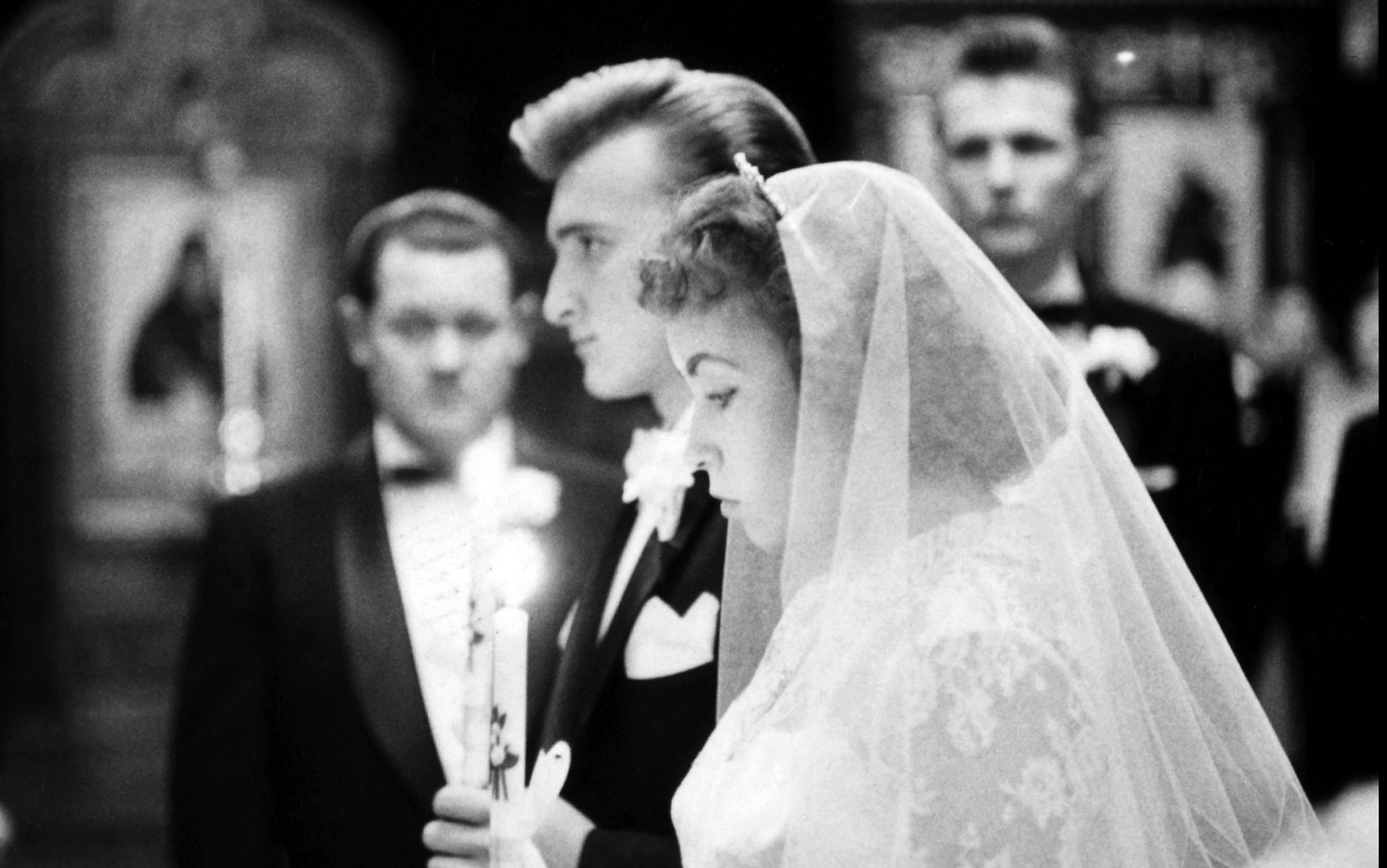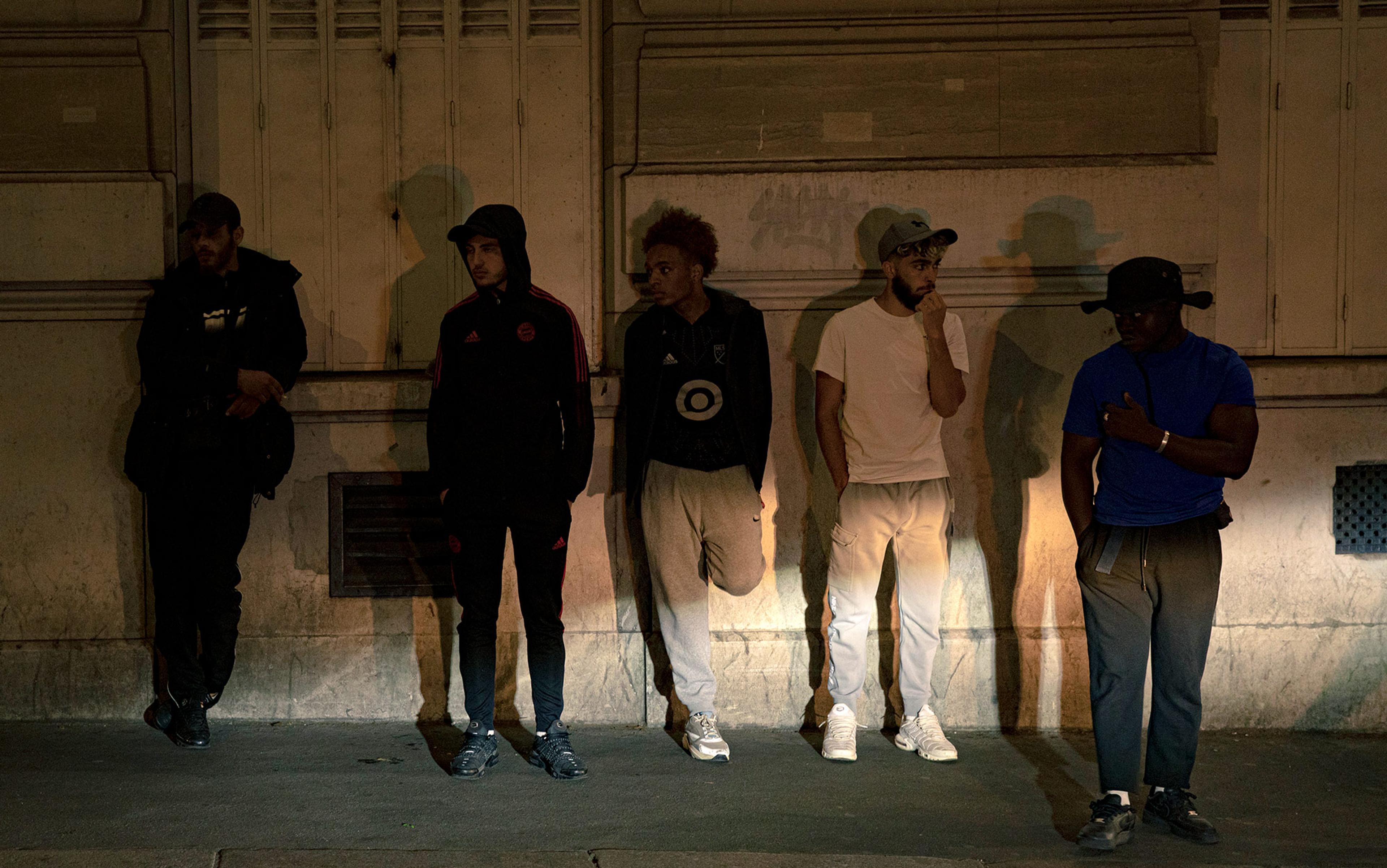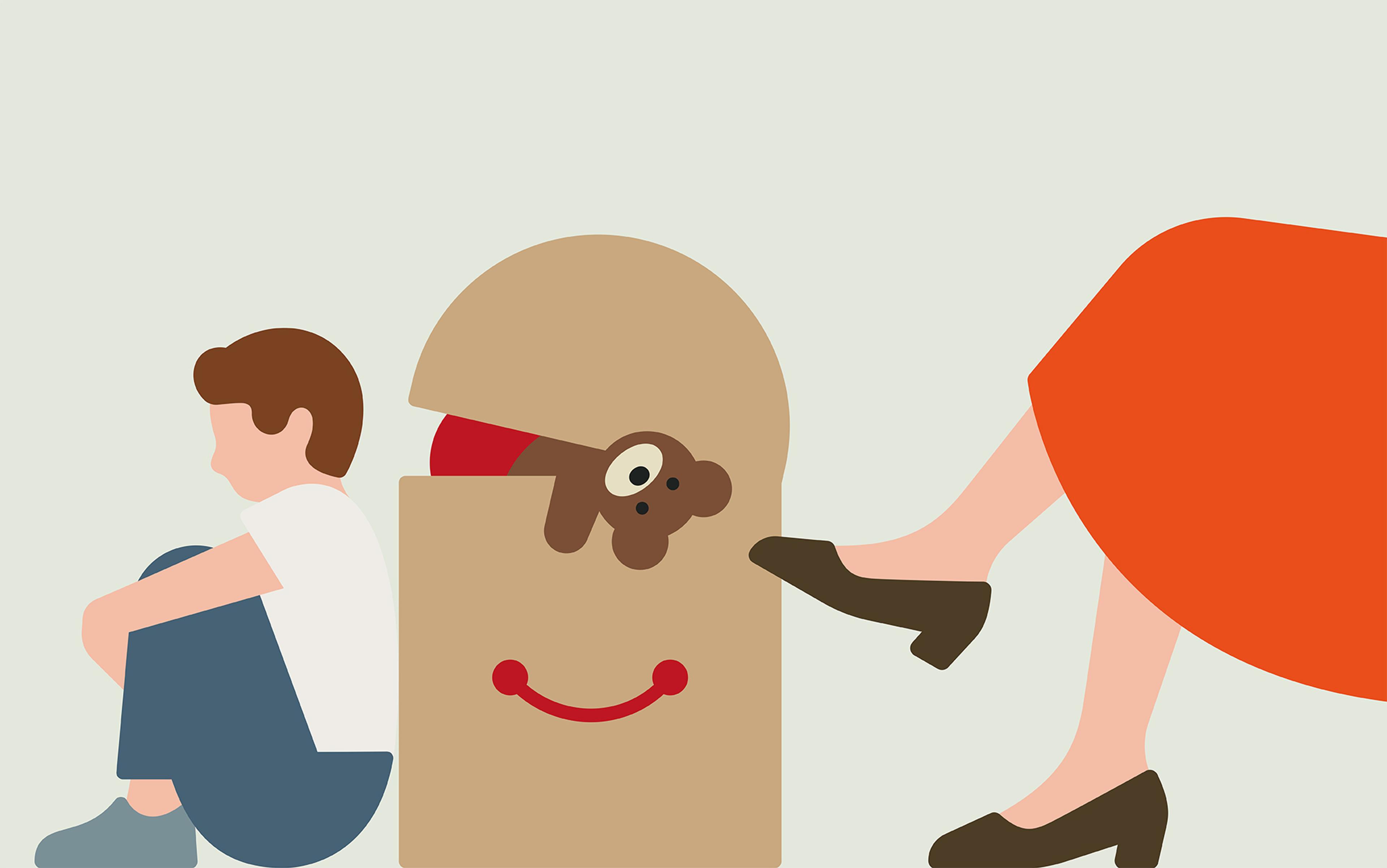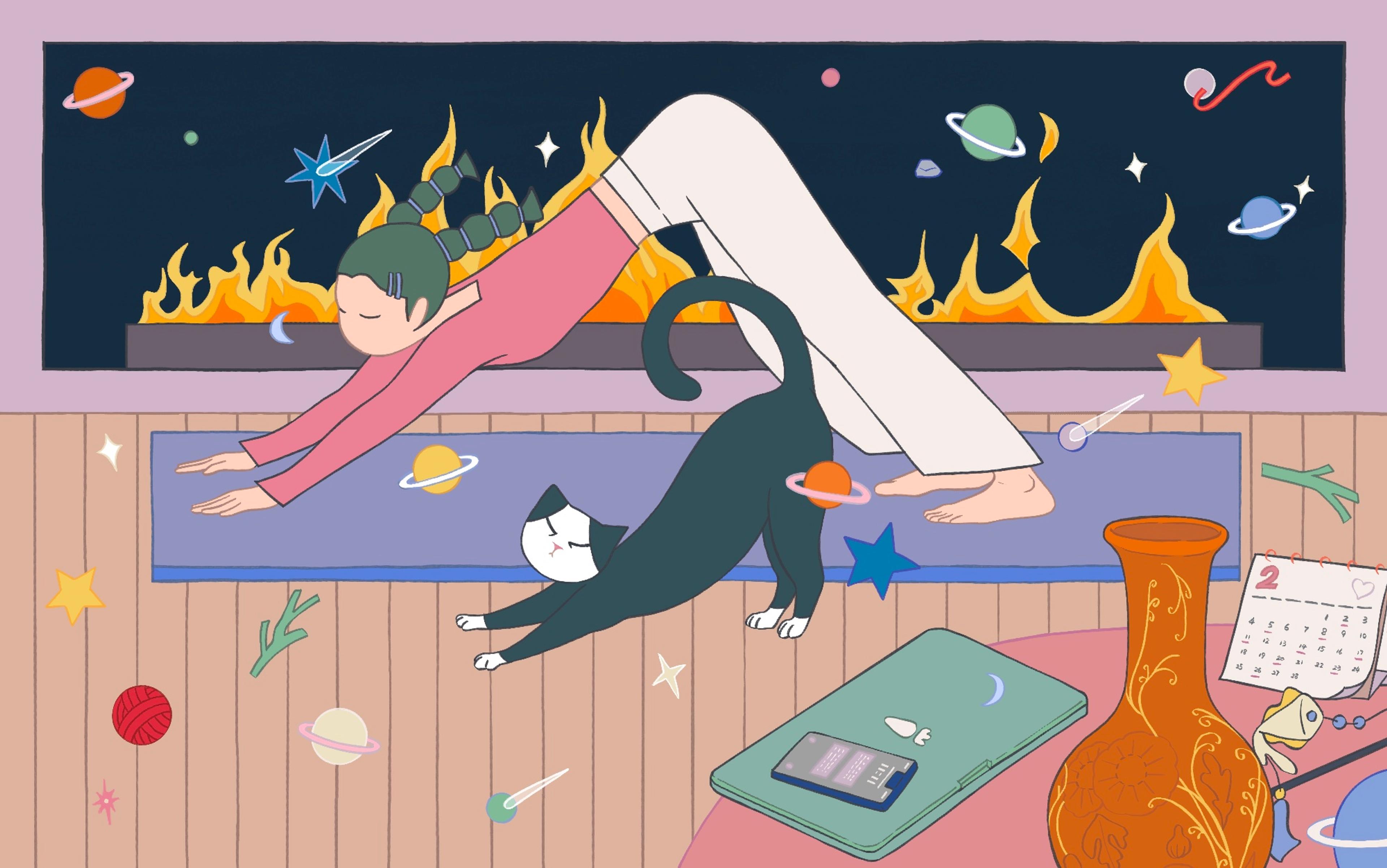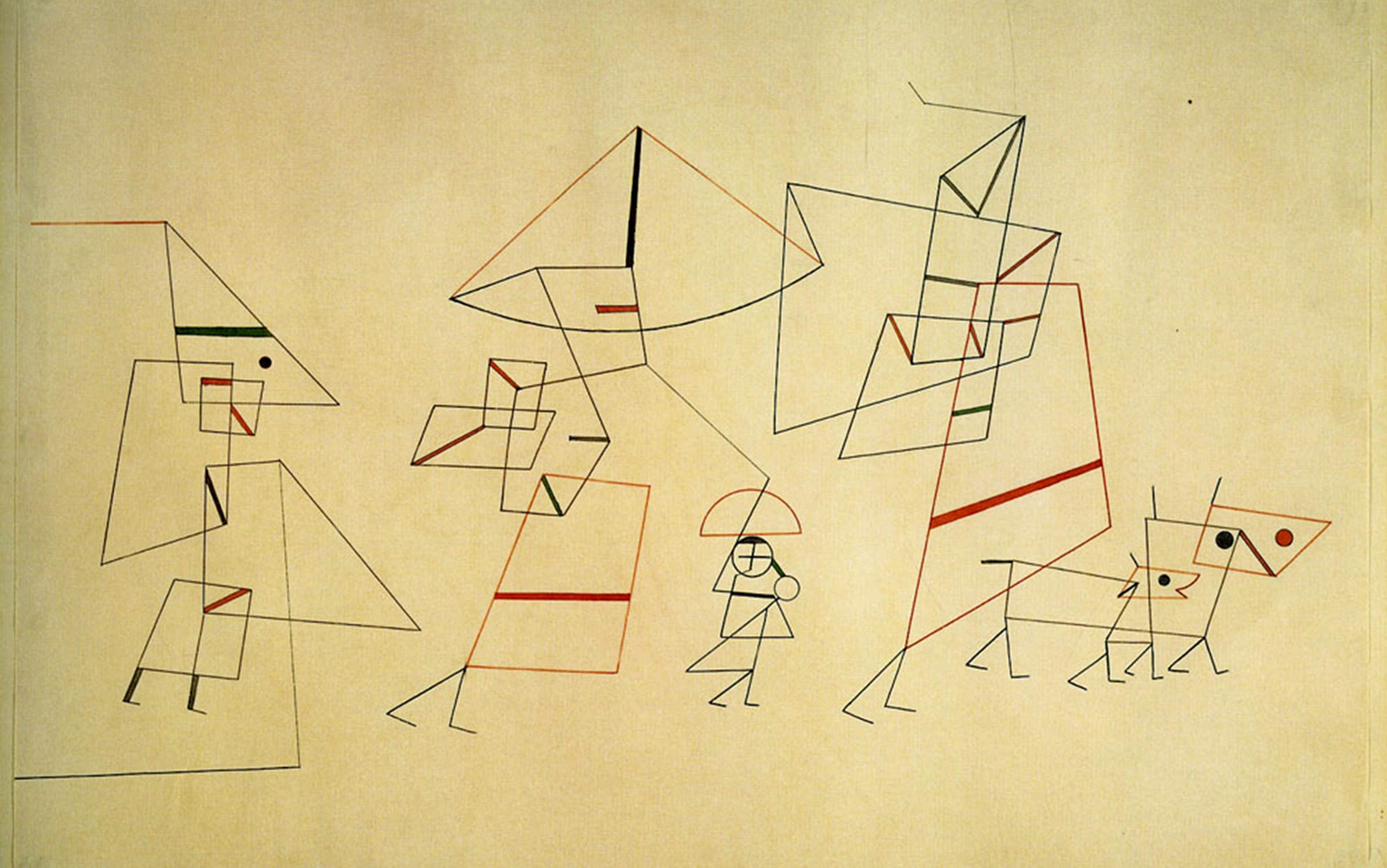It is not uncommon in my practice to hear people wonder if they married the wrong person. It’s a painful reality to consider, and something I thought about in my current marriage in the early years after the birth of our twin sons. At some point in that era, my wife and I fell into a disconsolate rhythm of sniping and arguing, an activity that often followed us to the dinner tables of our friends. For those worried about their own relationships, we provided a cozy bed of schadenfreude for them to rest their weary heads upon. The long-term strengths I now admire, need and value in my wife, 30 years later, were scarcely discernible to me during those early years. Not that they weren’t there – they were just eclipsed by my desire to exchange her more introverted but steady nature for someone more edgy and extroverted – someone I imagined myself to be (minus my irritability and judginess).
The heart wants what the heart wants. But it can want some pretty messed-up things. Part of our confusion today is tied to a belief that happiness and personal growth should organise all of our decisions about relationships, which is a relatively recent disposition in Western societies. Sociologists such as Anthony Giddens observed that, as our lives became ‘disembedded’ from the older frames of religion, tradition and marriage as an economic system, our intimate bonds became far more central to our sense of wellbeing. In a study of magazine articles offering marital advice between 1900 and 1979, Francesca Cancian and Steven Gordon traced a similar trend: they found that, over time, marital advice transitioned from emphasising how best to occupy a spousal role to recommendations about how to achieve happiness and express one’s emotions as an individual.
During this transition from role to self, the question of whether we’re with the right person became far more important as a determinant of identity, values and self-esteem. We were invited to ask: what is a tolerable (versus an intolerable) amount of conflict in our relationships? How much happier could I be with someone else? Should I be? Would I be, if I left? What does it say about me as a person if I stay? As the sociologist Andrew Cherlin writes in The Marriage-Go-Round: The State of Marriage and the Family in America Today (2009):
According to the culture of individualism, a relationship that no longer fits your needs is inauthentic and hollow. It limits the personal rewards that you, and perhaps your partner, can achieve. In this event, a breakup is unfortunate, but you will, and must, move on.
From this perspective, failing to move on is an expression of existential cowardice, of failing to meet life’s challenges, and of tempting your future self with regret. Yet, the emotion of regret is far more common than most of us realise. The researcher Susan Shimanoff of San Francisco State University discovered that regret was the most common negative emotion, and the second most common emotion of any kind – after love. However instructive past regrets may be toward making better decisions in the future, imagining that we could be happier with someone else can burden an otherwise reasonable life or romantic relationship. As the psychoanalyst Adam Phillips writes in Monogamy (1996): ‘There is always someone else who would love me more, understand me better, make me feel more sexually alive.’ It’s a theme he develops in his book Missing Out: In Praise of the Unlived Life (2012): ‘Indeed, our lived lives might become a protracted mourning for, or an endless tantrum about, the lives we were unable to live.’
I find that many of my clients ask too much of their romantic partners: they expect a level of happiness, understanding and fulfilment that is often at odds with what another person can reasonably provide, especially in these anxiety-filled times. In couples therapy, I sometimes hear them say: ‘Nobody else complains about this part of me, other than you’ – and that may well be true. But it’s often because we wouldn’t dream of treating our friends or co-workers in the way that we feel free to treat our romantic partners.
Looking for someone ‘better’ may be particularly tempting today: with advertising finding its way into every nook and cranny of our consciousness, we are invited to hate what we love, need what we can’t have, and envy that which is not worth pursuing. The internet and its sophisticated ability to harvest and market desire fuels a comparative mindset where our ability to value what we have is constantly held to the light of what we could have. This invites a continual examination of ourselves and our partners to see if we are failing to live the kind of life we might have, if only.
Earlier generations may have had it even worse. ‘I don’t think individuals in the 1950s and ’60s tended to imagine a happier life with another romantic partner, at least in the sense that they could build a happier life with someone else,’ explained the historian Stephanie Coontz, author of A Strange Stirring: The Feminine Mystique and American Women at the Dawn of the 1960s (2011), in an email. ‘I think they imagined that everyone else was happy with their lives, and that there was something wrong with them not being happy.
‘An extraordinary number of the people I interviewed told me how much they felt like failures for not having the happy marriages and well-functioning families they saw on TV and in the public faces of neighbours who kept their problems behind closed doors. If we are sometimes tempted to think we can solve problems by simply changing partners, in the past the problem was that people didn’t think they had a right to ask to work on change with their partners. Because the sitcoms and magazine articles of that era portrayed successful families as ones that followed a formula, it looked easy to replicate: as long as you played by the gender, age and social-class rules of the time (which were really clear), everyone would end up happy at the end of each show, no matter what minor problems or amusing misunderstandings they encountered partway through.’
While staying together for the sake of the children was then considered an honourable, even noble decision, our conviction today that happiness is the compass from which to direct our lives can lead us to believe – rightly or wrongly – that what makes us happy is also what’s best for our children. I often hear those contemplating divorce say: ‘If I’m not happy, then my children won’t be’ or ‘I want to model what healthy romantic love looks like to my child, so I should leave.’
Yet, the idea of pursuing happiness, however compelling, can have its own costs for parents, even if they find a more suitable romantic partner. In my survey of 1,632 parents estranged from their adult children, conducted through the University of Wisconsin Survey Center, I found that 71 per cent of the respondents were divorced from the child’s other biological parent. In addition, in a follow-up study I did with Philip Cowan and Carolyn Pape Cowan – professors of psychology, emeriti, at the University of California at Berkeley – we found that estranged parents who didn’t divorce were more likely to eventually reconcile with their children than those who did.
In my clinical experience, divorce can increase the risk of a more conflicted or distant parent-adult child relationship in multiple ways. For example, if one parent blames the other for breaking up the presumed-to-be-happy home, or otherwise maligns the other parent, the estrangement of their child is more likely. It can also occur when a child allies with one parent over the other after divorce, despite both parents’ good efforts to be collaborative. Divorce can bring in new boyfriends, girlfriends, spouses, stepbrothers and stepsisters to compete with the child over emotional and material resources, causing the child of any age to withdraw or retreat from contact with one of the parents. Finally, divorce can cause the child to see the parents more as individuals with their own strengths and liabilities, and less as a family unit of which they are a part.
On the other hand, some parents stay together for the sake of the kids until they’re grown, reasoning that they have spared their children and themselves the major challenges that come with separation or divorce. While it can work out as planned, I sometimes hear parents express surprise and sorrow that staying together until their kids became adults didn’t insulate them from the many ways their divorce or separation lessened their standing as parents. Often these were mothers and fathers who invested mightily in their children’s happiness, were close prior to the divorce, and reasonably assumed their dedication would protect their relationship with the children against the disruption and storm that often follow a separation.
‘Chaos is supposed to be what we most fear but it might be what we most want’
Yet, our children have their own needs and dictates to pursue happiness, a pursuit sometimes at odds with our own. This is especially true today when the moral framework of their adult children has shifted from ‘Honour thy mother and thy father’ to ‘I have to protect my happiness and mental health.’ In this new paradigm, a continued relationship with a parent, post-separation, is more likely to be based on how well that parent is able to fulfil the child’s aspirations for a life in line with their own ideals of happiness and growth – ambitions that are sometimes, though not always, in line with those of the parent.
Of course, there are plenty who wish their parents had divorced, or divorced sooner – not only for the parents’ sake – but because they were exposed to the parents’ ongoing conflicts and despair. And some parents may find themselves closer to their children after the separation or divorce rather than more distant. In addition, there are many paths to a distant or estranged relationship with one’s children other than divorce, as I’ve written elsewhere.
However, these calculations or gambles about the future highlight that, while we might reliably report what makes us unhappy in the present, we are sometimes less reliable navigators of achieving happiness in the future. Research has identified that we commonly exhibit three forms of misperception: exaggerated perceptions of control; excessively positive self-evaluations; and unrealistic optimism about what lies ahead. On the adaptive side, this disposition allows us to compartmentalise our anxieties and uncertainties. In addition, it permits us the freedom to pursue risky, but potentially rewarding ends – results we might not have achieved if we were more cautious or ‘realistic’.
Our illusions of control may also cause us to be confident in decisions that don’t necessarily serve us. That’s because our future happiness involves the cooperation and participation of those who have their own ideas and designs on conducting their lives – an aspiration sometimes profoundly incompatible with ours. This is not only true about our children, but about our former or future romantic partners. Sometimes, we’re the victims or collateral damage of our current partner’s imaginings of a better life with a better companion – their wish that we could be someone we’re not: someone we once were when they met us, or perhaps pretended to be. And sometimes, our partners want something completely different from their lives than they did at another place in time: something less defined, structured and predictable. As Deborah Levy writes in her memoir, The Cost of Living (2018): ‘Chaos is supposed to be what we most fear but I have come to believe it might be what we most want.’
I don’t particularly want more chaos. But I understand how it creates the potential for change and new possibilities; one that isn’t tethered to a way of life so known or scripted that it forecloses all other options. Yet that kind of freedom has its own problems: it idealises the absence of limitations, and minimises the positive feelings and outcomes that can result from constraint or obligation. My first wife and I later married people far more suited to our temperaments, but we had a child together who would have had an easier life if we had worked out our differences and never divorced. I also have friends and clients who have had distant or unsatisfying partnerships for years yet – since becoming grandparents – have discovered a form of meaning and togetherness unavailable to them as romantic partners. While they may always be mismatched romantically, they find shared grandparenting deeply satisfying and rewarding. Would they have been happier with other people? Would their children have been happier if they had divorced? Their grandchildren?
Tragically, the luxury of entering or exiting a long-term romantic relationship is increasingly restricted to those with the financial means to do so. Studies in economics and sociology detail how financial insecurity and distress affect both marital quality and family life. In her book The Tumbleweed Society (2015), the sociologist Allison Pugh notes how job insecurity challenges and undermines intimate relationships. She found that first marriages of ‘moderately educated’ women (those with some college education) are twice as likely to break up in the first five years as those of women with college degrees.
College degrees are less of a guarantee of a stable life than they once were, but they still provide a bulwark against the powerlessness, anxiety and stress that come from chronic financial insecurity and unpredictability. As the sociologist Marianne Cooper writes in Cut Adrift: Families in Insecure Times (2014): ‘When we get annoyed with our spouse during tough times, we feel let down by our loved one rather than let down by the system.’
While those who struggle financially have an even steeper climb to achieve emotional wellbeing, we are all constantly encouraged to find new paths to self-improvement. There is always a new diet to follow or old vice to quit, a treatment to try or a flaw to fix. We are asked to expand our self-knowledge, show greater authenticity, and flourish. As part of this ongoing project of the self, we are invited to enquire if we’re assertive enough, communicative enough and sensitive enough. If we’re getting enough from our partners, let alone from ourselves.
In my younger years as a therapist, I reassured my clients in the direction I thought they wanted to go, whether that was to end their relationships or stick with them. Today, I am more circumspect. Therapeutic advice is predicated on a probabilistic model: if you leave, probably you’ll be happier, probably your kids will be fine, probably your relationship with them won’t suffer. But probabilistic models are based on principles of uncertainty. People were mad at the statistician Nate Silver for predicting that Hillary Clinton would probably win the 2016 election, even though he’d also said that there was a 33.1 per cent chance that she would lose. So, from a probabilistic perspective, there is still a chance that, if you leave, you’ll be less happy and so will your children. That your relationship with them will be weakened. We all have to make our best guesses about momentous life decisions and hope that it all works out in the end.
Our subjective state of hopelessness is not always a good indication that the relationship is hopeless
How can you tell if it’s more you than your partner? Here are some clues: the problems with your partner mirror those that you have with friends, coworkers, a former spouse or other family. Maybe you’ve had feedback from others that your behaviour is more problematic than you believe it to be. Or perhaps you’re in the midst of depression and have gotten feedback from a therapist or others whom you trust that your mood is distorting your view of your relationship. Alternatively, maybe you made attempts to communicate more effectively with your partner, and those attempts were well-received and they’ve been able to change their behaviour in the direction you desired.
We all have blind spots that conceal how we cause our partner to behave in ways opposite to those we desire. Attachment to another, however comforting, invites its own ghosts from the past to haunt the household. Our unmet needs from childhood can come roaring into the present, setting up shop, demanding to be fulfilled and fulfilled now. The safe harbour of commitment can cause us to become lazy, to stop doing the daily acts of affection, attention and gratitude that give relationships their grace and balance. Our prior traumas may blind us to the ways that we make ourselves unlovable, as if to prove our rejecting caregivers right.
These guidelines don’t guarantee that it’s more about you than you think, but it’s a clue that it might be. While not all relationships can be bettered, our subjective state of hopelessness is not always a good indication that the relationship is hopeless. Sometime small fixes can pay big dividends, as I often see with my clients.
On the other hand, some people don’t ask enough of their partners. They enter the relationship too scared of rejection, too confused about what they’re entitled to, and too willing to accommodate. As the researcher John Gottman found, most long-term relationships end not because of a sudden betrayal, but because of death by a thousand cuts. It’s the small day-to-day unexpressed or unaddressed feelings of being hurt or misunderstood that, over time, weaken the feelings of commitment and optimism about a future with that person. Gottman found that those with good, long-term relationships avoid what he termed the ‘Four Horsemen of the Apocalypse’: criticism, contempt, stonewalling and defensiveness. Desire and commitment can wither when any or all of them are a persistent feature. Some relationships have to be brought to the brink of a breakup to get the attention of the person who’s not seeing the unhappiness of the other. It’s a good idea to say that you’re thinking about leaving while you still care enough about the response. E Mavis Hetherington’s long-term study of divorce For Better or For Worse (2002) found that a full 25 per cent of men were completely surprised when their wives served them with divorce papers.
My wife of 30 years and I were fortunate to afford couples therapy before it got too late. I don’t know if we would have lasted without it, which would have been a tragedy for us, our children, and our extended families. Breakups, while sometimes necessary, not only separate partners from each other but can also disrupt extended families and friendships as alliances are formed out of loyalty to one member of the relationship over the other.
In The Marriage of Heaven and Hell (1790-94), William Blake observed: ‘You never know what is enough unless you know what is more than enough.’ While that is true, it can be hard to know what is more than enough when you’re constantly being told that there is no such thing. This was one of Émile Durkheim’s central insights in the late 19th century: that in removing the rituals, traditions, roles and expectations that had guided desire for centuries, we also removed the ability to know that we had arrived and could stop trying. ‘As soon as there is nothing to stop us, we cannot stop ourselves,’ he wrote. ‘Beyond the pleasures that we have experienced, we imagine and yearn for others, and if one should happen to have more or less exhausted the possible, one dreams of the impossible – one thirsts for what is not.’ However constraining and outdated are social roles, they at least provided clarity of whether we should stop and smell the roses – or exhaust ourselves in the pursuit of the sweeter ones that might be just over the hill.
Maybe it’s worth the climb, and maybe it’s not roses at all that you’re after. But the endless pursuit of happiness can produce the opposite result: rather than leading us to a deeper, more meaningful life, we just end up getting one more thing we don’t really need.
